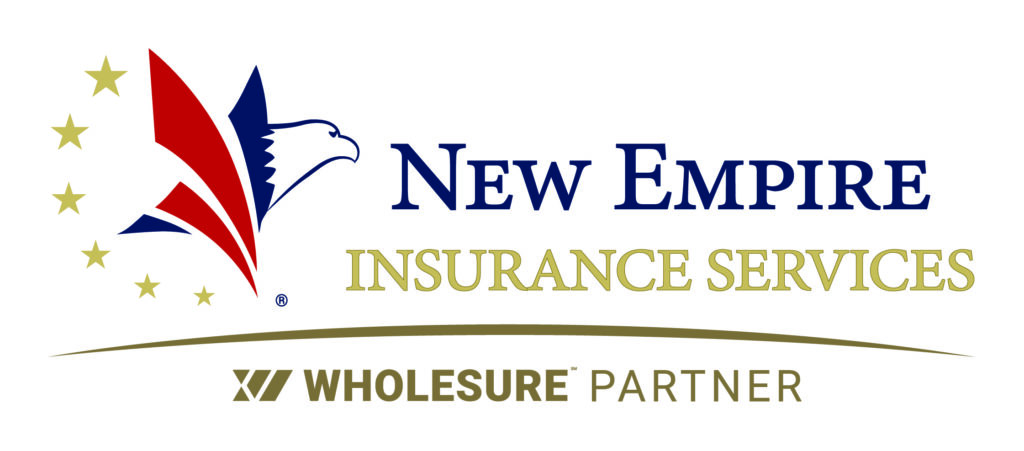Risk purchasing groups have been used in many areas of commerce, for insurance purposes they were authorized by the 1986 Federal Liability Risk Retention Act. People often confuse Risk Purchasing Groups with Risk Retention Groups. We will discuss the key differences and similarities between the two.
What are the Differences?
The key difference between risk retention groups (RRGs) and risk purchasing groups (RPGs) is that RRGs retain risk while RPGs do not. RPGs purchase insurance from an insurer, who serves as the risk bearer. RRGs bear the risk of loss themselves and act as the insurer. Other differences come from the way in which the two entities are regulated, both under the 1986 Federal Liability Risk Retention Act, as well as state laws. Also, another difference has to do with reinsurance, which almost all RRGs purchase.
What is a Risk Purchasing Group?
A risk purchasing group (otherwise known as, RPG) consists of insurance customers who get together to purchase their liability insurance coverage from an insurance company. As the name suggests, the RPG serves as an insurance purchasing vehicle for its members. Purchasing insurance like this benefits the members of the RPG because it allows them to get the insurance at a lower premium, with broader coverage terms, and also loss control/risk management programs.
What is a Risk Retention Group?
A risk retention group (also known as a RRG) is a liability insurance company that is owned by its members. One of the main characteristics of an RRG is, under the 1986 Federal Liability Risk Retention Act, RRGs must be domiciled in a state. Once licensed, an RRG can insure members in all states. Because the 1986 Federal Liability Risk Retention Act is a federal law, it preempts state regulation, making it easier for RRGs to function nationally. As an insurance company, RRGs retain the risk. A few advantages may be lower rates, broader coverage, access to reinsurance markets, etc.
What are the Similarities?
The 1986 Federal Liability Risk Retention Act requires that members of both risk retention groups (RRGs) and risk purchasing groups (RPGs) be homogeneous, which means they must be engaged in similar business activities that expose them to similar liabilities or risks. Both RPGs and RRGs provide “liability” insurance.
To learn more about New Empire Group, Ltd. visit our website, www.NewEmpireGroup.com or find us on Facebook, LinkedIn & Twitter!
Check out the great Insurance Programs for Condominium Insurance, Cooperative Insurance, Apartment Insurance and Property Manager’s Insurance that New Empire Group, Ltd. offers!

